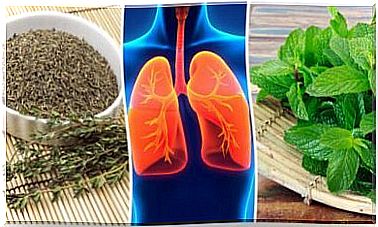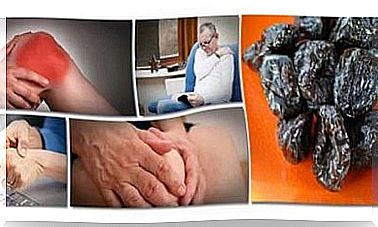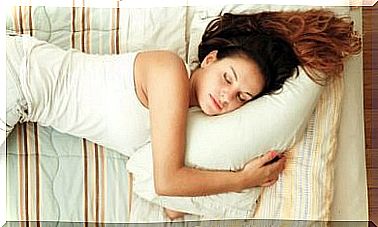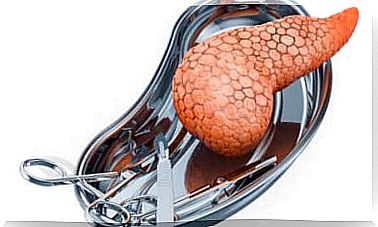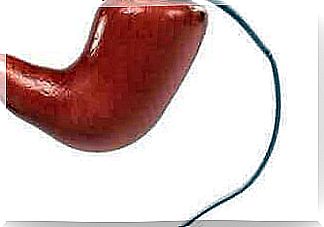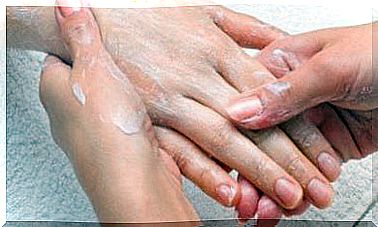Nocturnal Panic Attacks: The Causes And Treatments
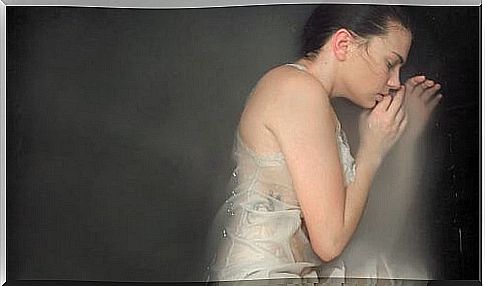
Nocturnal panic attacks occur unexpectedly in the middle of your sleep. They come with the feeling of suffocation, tachycardia and sweating.
From a clinical point of view, it is common for this to happen in patients who also suffer from panic attacks during the day.
However, it is known that panic attacks experienced at night are experienced with greater intensity and suffering.
It is also important to highlight one important thing about this. 10% of people who suffer from anxiety and who are under pressure and suffer from a high level of stress due to their lifestyle may also suffer from nocturnal panic attacks from time to time.
On the other hand, there are other groups in society that are also more sensitive to such situations due to personal factors and medical conditions.
Sometimes these cases can become a real problem.
Let’s look at some more information.
Nocturnal Panic Attacks: Who Likes Them?
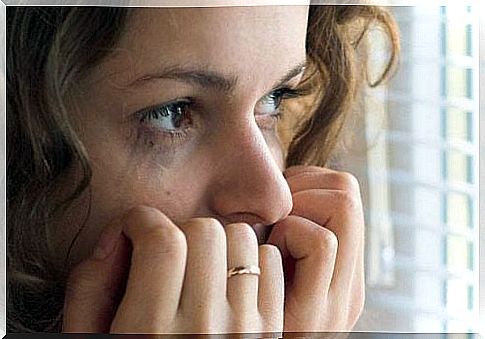
We do not often talk about nocturnal panic attacks… So little, so many people are surprised to hear about them.
When we talk about panic attacks, we typically imagine someone who is imprisoned by fear. We show a person who is paralyzed and suffers from tachycardia in some day situations. We probably suspect that there is danger or cause for anxiety.
At night and in a safe context like our bed, it is hard to imagine why we should experience this kind of situation. But it is more common than we might think.
Let’s look at what kind of people are more susceptible to suffering from nocturnal panic attacks:
- Patients already suffering from panic attacks at any time of the day
- People who are in the middle of situations that put a lot of psychological or emotional pressure on them
- Those with hyperthyroidism or hypothyroidism
- People suffering from apnea
- Gastroesophageal reflux can also cause it
- People who have just experienced a traumatic event : the loss of a loved one, the victim of an accident or are testimony.
What are the symptoms of a nocturnal panic attack
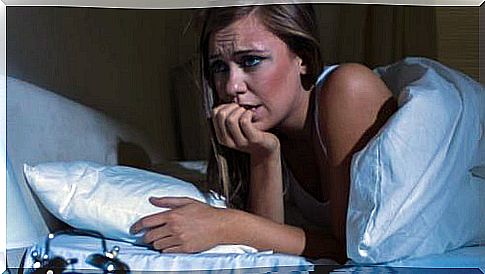
Nocturnal panic attacks tend to occur in the non-REM phase of sleep. Thus , when we are most calm and curious, it is most relaxed. (It is most common that it happens around 2am in the morning).
We wake up suddenly and violently, as if someone had activated a mechanism that suddenly “pulled us” out of our sleep.
This awakening comes with a feeling of intense fear, panic or judgment. It is accompanied by a suffocating feeling, tachycardia and sweating.
The person tends to get the impression that the situation has been going on for a long time. However, it tends to be quite limited and short-lived, never more than 15 to 20 minutes.
It is also important to point out that these situations are experienced with greater confusion than panic attacks during the day.
The lack of control is therefore enormous. This confusion tends to intensify the fear and discomfort even more, causing the anxiety to increase even more.
What can we do to deal with and reduce nocturnal panic attacks?
As we have already mentioned, nocturnal panic attacks can occur due to a number of reasons. However, we can distinguish between two main causes: medical and psychological.
Panic attacks for medical reasons

Factors such as thyroid problems, apnea and reflux can lead to these violent and exhausting night awakenings.
It is therefore advisable to put the following strategies into practice:
- Tell your doctor what is happening.
- Continue with appropriate treatment for your disease: Thyroid problems, gastroesophageal reflux…
- Follow medical recommendations to get a good night’s sleep.
- Find out if the medication you are taking can affect your sleep quality.
- Try to live an active life as exercise is a good regulator for anxiety attacks.
- After a nocturnal panic attack, it is recommended to get up and do a non-stimulating daily routine: clean something up, brush your teeth or hair…
- It is not a good idea to get up and watch TV or take a bath, because in this case you will have a hard time falling asleep again.
Panic attacks for emotional or psychological reasons
- Identify the origin of your emotional problems or the trigger of anxiety.
- Learn to control your emotional world through a professional or through appropriate personal coping mechanisms.
- Practice some sort of breathing or relaxation technique before going to bed.
- Mindfulness is very suitable for dealing with these situations.
- Yoga is also very useful.
- Swimming, dancing or hiking in natural surroundings are relaxing activities suitable for this type of disturbance.
In conclusion, do not hesitate to tell your doctor about any kind of sleep disorder.
Nocturnal panic disorders always have a biological or psychological origin that is important to identify.

